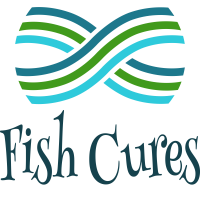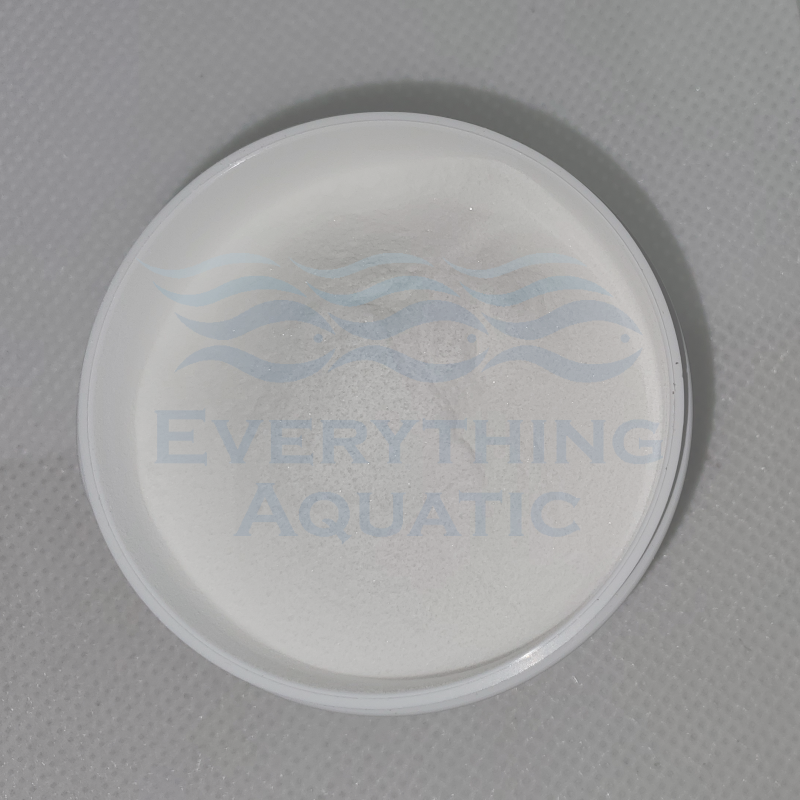 |
About Us |
|---|
Chloroquine Phosphate Powder
Chloroquine Phosphate Powder can be used as both a treatment option and a preventative. It is a bacteriacide, algaecide and antiparasitic medication. An excellent general cure as well as a focused treatment against ICH, excess slim coat and flukes.
Chloroquine Phosphate has been gradually replacing copper sulfate and quinine as the drug of choice due to its superiority. However, it is becoming difficult to find due to recent misuse with COVID19.
Preventative Treatment:
Dosed at 40mg/g (10mg/l) as a preventative or for treating sensitive species, with a 25% water change. At this low dose if actual disease exists treatment may be extended up to 30 days for sensitive fish. It has shown to be effective against most protozoans and tapeworms as well as external parasites.
Disease Treatment:
To treat protozoan infections a single dose of 60mg/g (15 mg/l) is all that is necessary.
Resistant Disease Treatment:
As medications are misused certain diseases are becoming resistant to mainstream treatments. A max dose of 80mg/g (20mg/l) may be used instead of a lower dose over multiple days. But use caution as not all species can tolerate a dose this high.
Other Uses:
A single dose of 60mg/g (15 mg/l) was found to be effective at eradicating Aiptasia sp. glass anemones within 48 hours.
Chloroquine also can eradicate some algae forms as well as sponges.
Toxic to invertebrates. Some have experimented with the low, preventative dose and have reported not all invertebrates were lost. If dosing invertebrates, proceed at your own risk.
Not reef safe. Do not use on Anthias, Wrasses or Hippo Tangs. Again some have experimented with low dosing as well as with dosing via food; and have found sensitive species can tolerate it.
